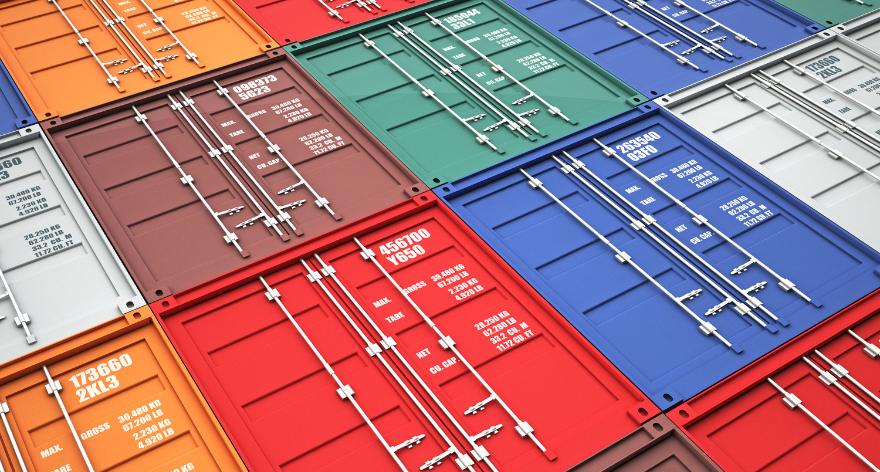Managing many suppliers can be a challenge, especially to get a complete picture of each supplier. Not every supplier provides information in the way you'd like, or it's difficult to process it consistently in your CRM/ERP system. A clear supplier profile can help with this.

The data you need
Often, the purchasing/procurement department is seen as the gatekeeper when it comes to risk management. Managing all these suppliers can be quite a task, and it often takes a lot of time to request or search for all the information about a supplier. External data can help you with this. Think of data about ESG and sustainability, information about credit risks, and compliance information.
The data where you need it
On average, a company worked with about 150 applications in 2022 according to Statista, and this is only expected to increase in the coming years. A new tool for the department is therefore not the ideal solution. The easiest option is to have an integration that seamlessly works with your CRM/ERP system. For this purpose, Altares Dun & Bradstreet offers Data Blocks.
Only relevant data
Data Blocks can be seen as modules filled with data on a specific topic. Think of an ESG data block, for example. You can seamlessly integrate this ESG Data Block, which then provides a score for each supplier. There are also various Credit Risk Data Blocks, Compliance Data Blocks, and more. Because Data Blocks are modular, you can customize your own package. This way, you only pay for the data you want, and integrate only the blocks that are relevant to your department.
See: Data Blocks: only the data you need
A complete profile
Once you've integrated Data Blocks, you'll have the same data available for every supplier, creating a comprehensive overview for each supplier. You can also use the data for dashboarding in your CRM/ERP system.
Creating clear supplier profiles can be challenging due to various information streams and integration issues in CRM/ERP systems. Altares Dun & Bradstreet Data Blocks offer a solution by providing modular data packages that seamlessly integrate and contain only relevant information. This approach allows companies to manage risks more efficiently and use structured information for analysis within their systems.
